Digital Showers vs Electric Showers: What’s the Difference?
When it comes to upgrading your bathroom, choosing the right type of shower can make all the difference in comfort, efficiency, and style. Two popular modern options are digital showers and electric showers - but they work in very different ways.
In this guide, we’ll break down how each system works, their pros and cons, and which one might be best suited for your home.

What Is an Electric Shower?
An electric shower heats cold water instantly using an internal heating element - similar to how a kettle works. This means it doesn’t rely on your home’s boiler or hot water system.
How It Works
-
Takes cold water directly from the mains supply.
-
Heats it on demand as it passes through the unit.
-
Provides hot water instantly, regardless of your boiler.
Key Benefits
✅ Always ready to use – hot water on demand
✅ Energy-efficient – only heats the water you use
✅ Works even if your boiler breaks down
✅ Simple to install in most homes
Potential Drawbacks
❌ Limited flow rate – depends on the shower’s kilowatt (kW) rating
❌ Temperature can fluctuate if water pressure drops
❌ May not offer luxury features like precise temperature control
Typical Examples of Electric showers are Mira Sport and the new Triton Envi which features a remote controller.
What Is a Digital Shower?
A digital shower is a more advanced, smart version of a mixer shower. It blends hot and cold water using an electronic thermostat for precise temperature control. You can even control it via a remote or smartphone app in some models.
How It Works
-
Connects to both hot and cold water supplies.
-
Uses digital thermostatic technology to maintain a constant temperature.
-
Often includes wireless controls or digital displays.
Key Benefits
✅ Precise temperature control for comfort and safety
✅ Sleek, modern design – often with minimalist controls
✅ Can be installed remotely (e.g., controls outside the shower enclosure)
✅ Compatible with smart home systems in premium models
Potential Drawbacks
❌ Typically more expensive than electric showers
❌ Requires a compatible water system (mains pressure or pumped)
❌ More complex installation
Typical Examples of Digital showers are Mira Platinum and Aqualisa Optic Q
Main Differences at a Glance
| Feature | Electric Shower | Digital Shower |
|---|---|---|
| Water Source | Cold mains water only | Hot and cold water supplies |
| Heating Method | Internal heating element | Pre-heated via boiler or pump |
| Temperature Control | Manual | Precise digital thermostat |
| Energy Efficiency | Very efficient (on-demand heating) | Depends on your hot water system |
| Installation Complexity | Simple | More complex |
| Cost Range | £100–£300 (approx.) | £400–£1,000+ (approx.) |
| Ideal For | Homes with limited hot water supply | Homes seeking luxury, smart control, or multiple outlets |
Which Is Best for You?
-
Choose an electric shower if you want an affordable, independent unit that guarantees hot water instantly - perfect for busy households or properties without a reliable boiler.
-
Choose a digital shower if you value luxury, precise temperature control, and the latest smart-home technology - ideal for modern bathrooms and new installations.
Both electric and digital showers have their advantages. The right choice depends on your home’s plumbing system, budget, and personal preferences.
With all of these features, you are sure to find a digital or electric shower that suits your needs. You can see our range of digital showers here, and electric showers here.
If you need any assistance finding your perfect shower, please contact us.

 Voted No. 1 in Bathroom
Voted No. 1 in Bathroom